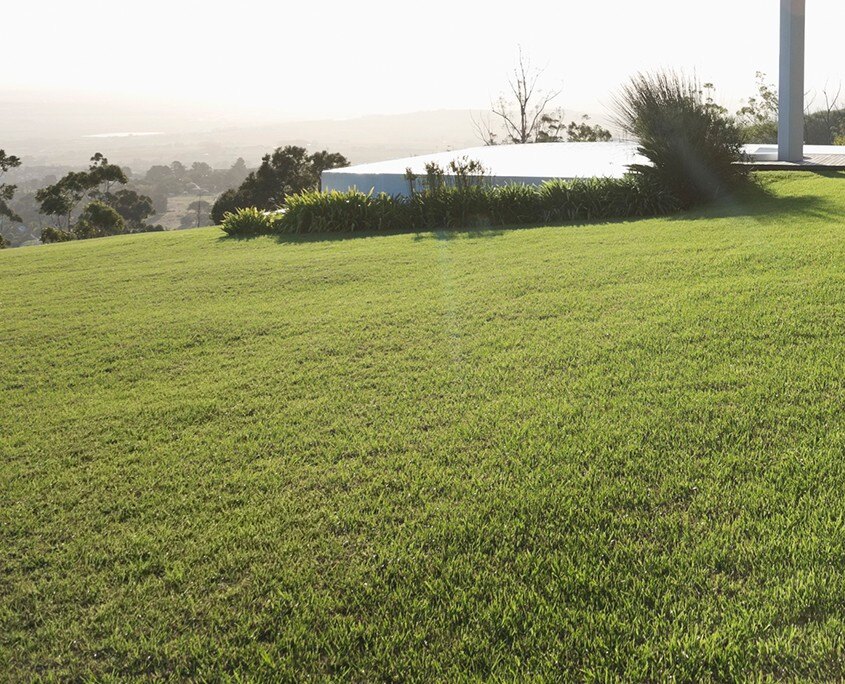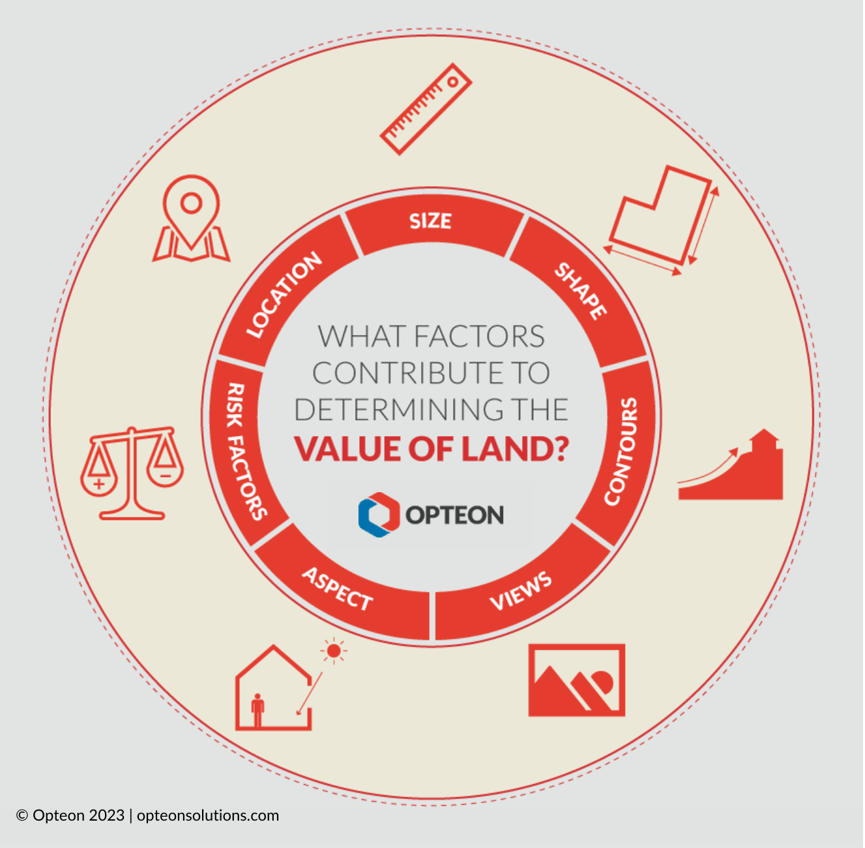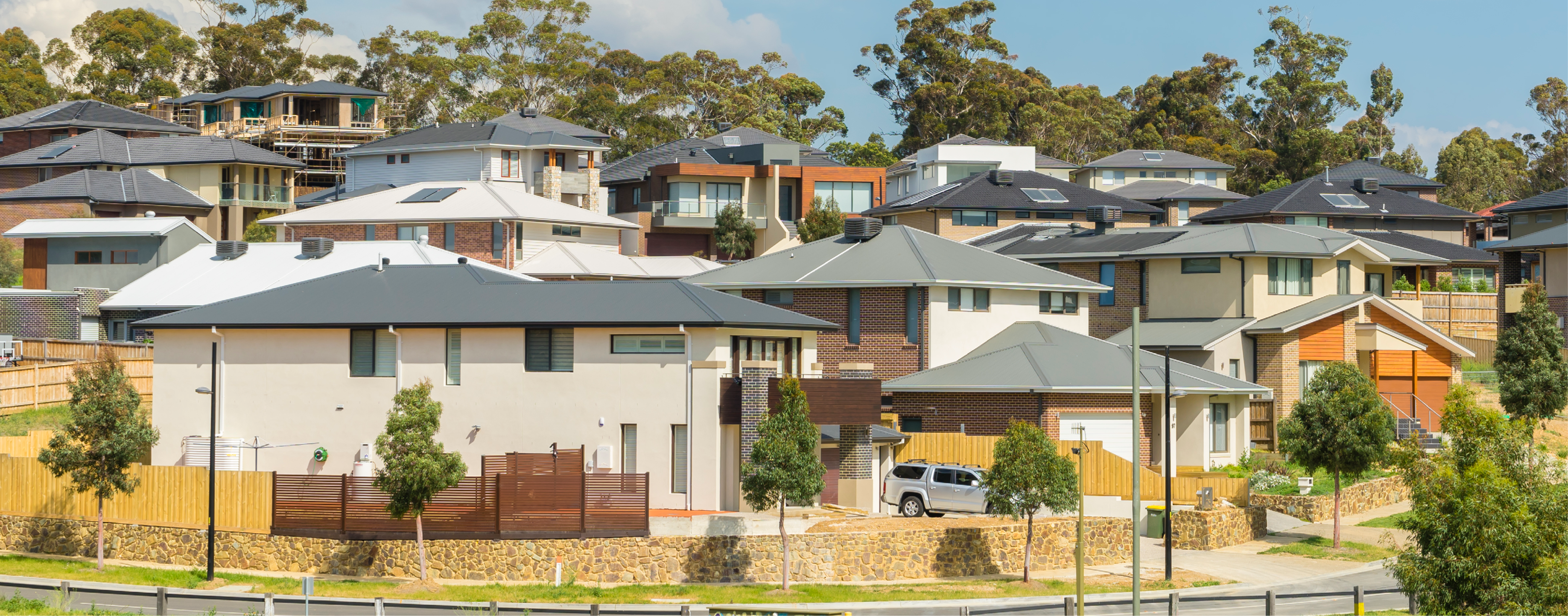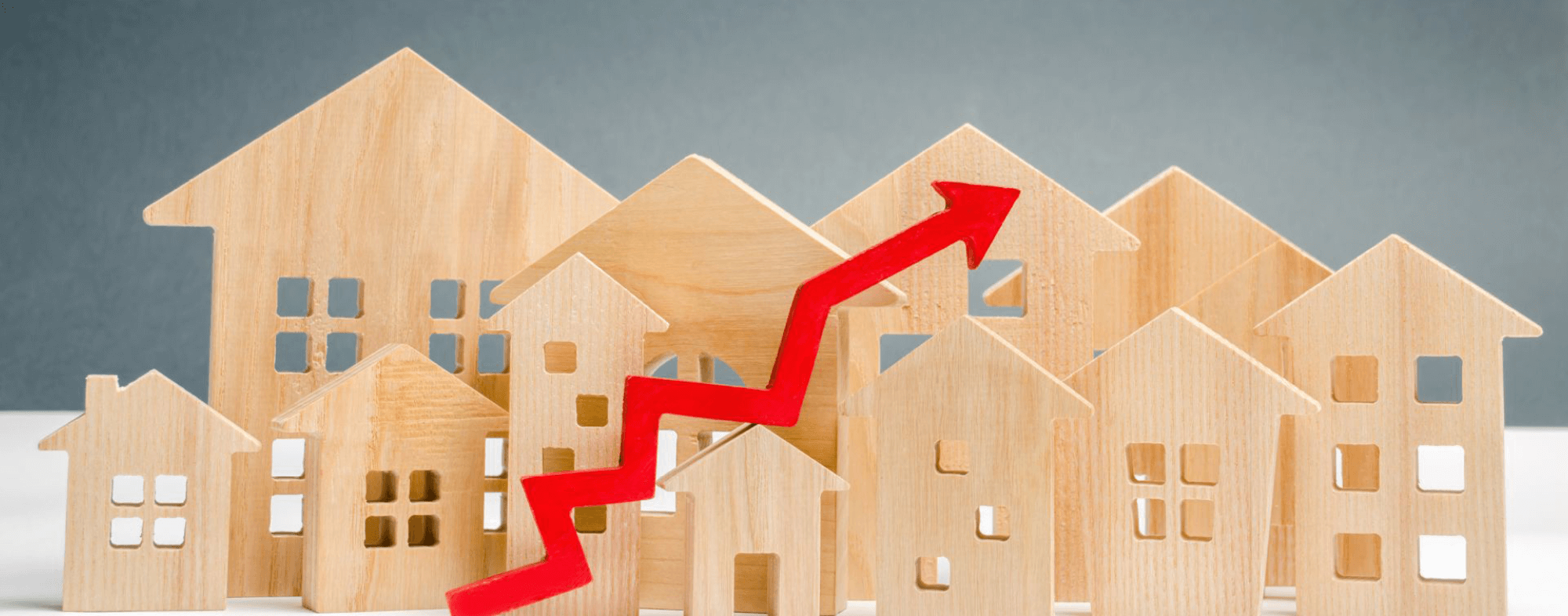What factors contribute to determining the value of land?
Blog

Whether you are looking to buy, sell or sub-divide, understanding the factors that contribute to the value of land will give you the upper hand when making crucial decisions about your property purchase. Unlike buying a house where the possibilities are very evident, land buyers need to look past an empty block, envision the options for development and be mindful of the limitations.
What factors contribute to determining the value of land?

A common misconception is assuming the bigger the block, the more it will be worth. This is not always the case. Here are a few of the most common factors a valuer will take into consideration when determining the value of a block of land:
Size:
-
Is the block a standard size with in a particular subdivision? If yes - it will generally be worth the same as the other blocks within it.
-
What is the maximum house size that will fit on the block, including minimum frontage for driveways?
Shape:
-
Is it a corner block? In some instances this may be a positive if there is potential for dual access, allowing for subdivision in future. In other cases, it may be perceived as a negative if it will limit rear private yard space potential.
-
Is the block narrow, limiting future development opportunities?
Contour:
-
A sloping block means higher building costs, but in some instances may mean better views.

Views:
-
Are there water, city or parks/nature views?
-
Are there surrounding properties or development plans that may affect the views?
Aspect:
-
Take special note of the direction the block faces. This will greatly affect the future dwelling in terms of temperature, heating/cooling costs, mould/damp problems and other accelerated wear of the building itself due to the elements.
-
North and North-East seem to be the preferred aspect in most parts of Australia.
Risk Factors:
-
Are there any restrictions on the Certificate of Title?
-
Be aware of zoning restrictions that may limit or prevent future developments, along with issues such as flooding, landslip, mine subsidence etc.
-
In some instances you may need to get the soil tested. Depending on the foundations, building cost can vary greatly.
Location:
-
Blocks in popular suburbs hold their value.
-
Courts and cul-de-sacs are often coveted amongst buyers due to perceived additional privacy and security.
-
Close proximity to noise pollution like highways, trains and airports can reduce value.
Location is arguably the biggest factor when determining the value of land, however you can see the many aspects at play in determining the final value to a buyer.
If you would like to better understand the value of your land or a potential purchase, contact us today for a free quote.



.png)




.jpg)
